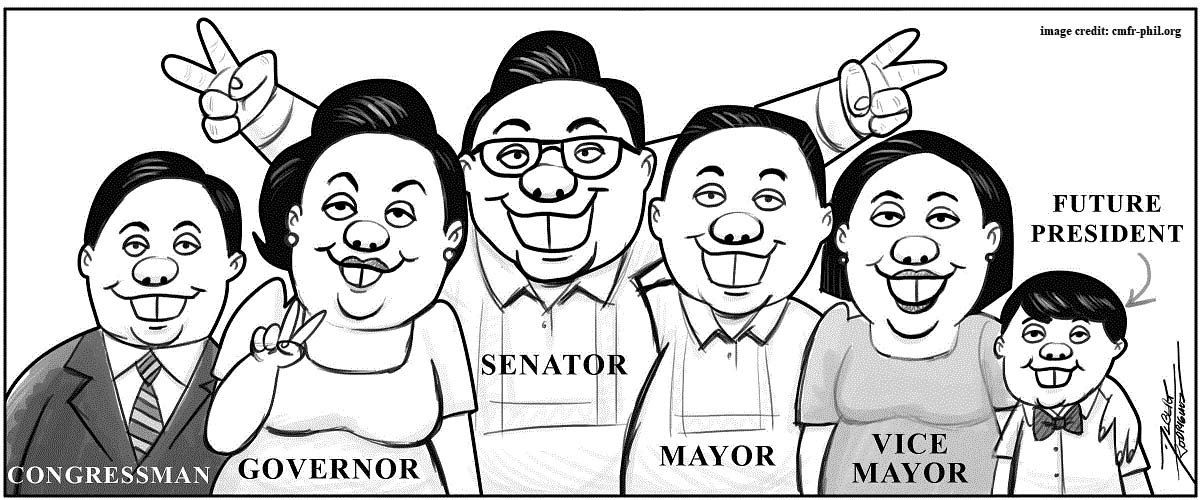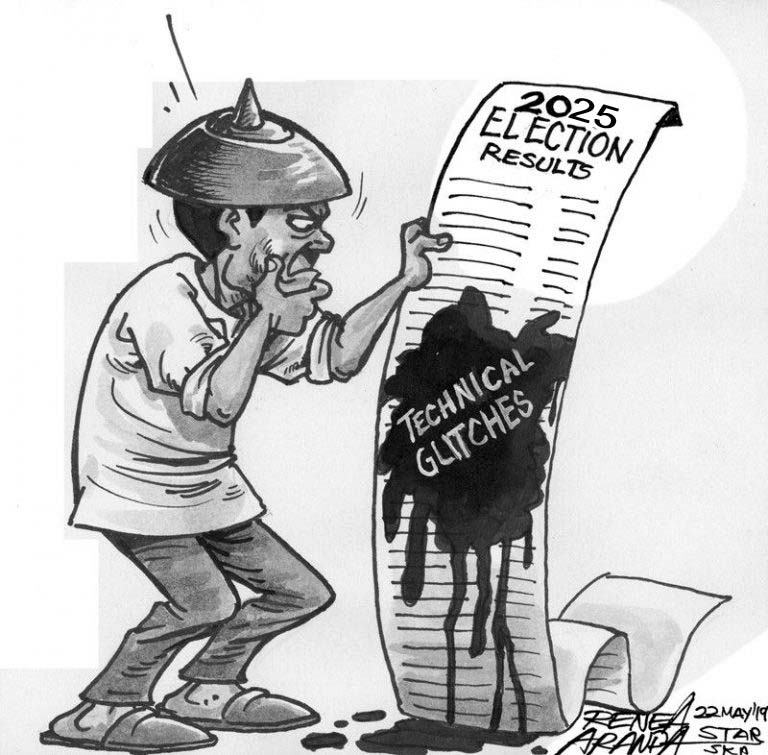Sheilla Ysug-Lee, R.N.
The Philippines has been facing a significant challenge in recent years: a shortage of Filipino professionals in various fields. Despite being one of the largest producers of skilled workers in the world, the country is struggling to retain its talented professionals, leading to a brain drain that is affecting the economy and overall development.
Causes of the shortage
There are several reasons contributing to the shortage of Filipino professionals in the Philippines. Some of the key factors include:
- Overseas employment opportunities: Many Filipino professionals are attracted to higher-paying job opportunities abroad, particularly in countries such as the United States, Canada, and the Middle East. The promise of better salaries, benefits, and career advancement opportunities is a major draw for skilled workers.
- Low salaries and benefits: In the Philippines, professionals often face low salaries and limited benefits, making it difficult for them to make ends meet. This leads to a lack of motivation and job satisfaction, causing many to seek better opportunities elsewhere.
- Limited career advancement opportunities: The Philippine job market is highly competitive, and career advancement opportunities are limited. This can lead to frustration and disillusionment among professionals, causing them to look for opportunities abroad.
- Brain drain: The Philippines has a significant brain drain problem, with many of its best and brightest minds leaving the country to pursue opportunities abroad. This has resulted in a shortage of skilled professionals in key sectors such as healthcare, education, and engineering.
Affected fields
The shortage of Filipino professionals is affecting various fields, including:
- Healthcare: The Philippines is facing a severe shortage of doctors, nurses, and other healthcare professionals. This has put a strain on the country’s healthcare system, making it difficult for patients to access quality medical care.
- Education: The country is also experiencing a shortage of teachers, particularly in subjects such as science, technology, engineering, and mathematics (STEM).
- Engineering: The Philippines needs more engineers to support its growing infrastructure and construction sector. However, many Filipino engineers are opting to work abroad, leading to a shortage of skilled professionals in this field.
- Information technology: The IT sector is another area where the Philippines is experiencing a shortage of skilled professionals. This is despite the country’s growing reputation as a hub for IT and business process outsourcing (BPO).
Consequences
The shortage of Filipino professionals has significant consequences for the country’s economy and development. Some of the key consequences include:
- Reduced economic growth: The brain drain and shortage of skilled professionals can limit the country’s economic growth and development.
- Decreased competitiveness: The lack of skilled professionals can make it difficult for the Philippines to compete with other countries in terms of innovation, productivity, and overall competitiveness.
- Inadequate public services: The shortage of professionals in key sectors such as healthcare and education can lead to inadequate public services, affecting the quality of life for Filipino citizens.
Solutions
To address the shortage of Filipino professionals, the government and private sector can implement the following solutions:
- Improve salaries and benefits: Offering competitive salaries and benefits can help retain skilled professionals in the country.
- Provide career advancement opportunities: Creating opportunities for career advancement and professional growth can help motivate professionals to stay in the country.
- Invest in education and training: Investing in education and training programs can help develop the skills and expertise of Filipino professionals, making them more competitive in the global job market.
- Encourage return migration: The government can implement policies to encourage Filipino professionals who have worked abroad to return to the country, bringing with them their skills, experience, and expertise.
In conclusion, the shortage of Filipino professionals in the Philippines is a significant challenge that needs to be addressed. By understanding the causes of the shortage and implementing effective solutions, the government and private sector can work together to retain and attract skilled professionals, ultimately contributing to the country’s economic growth and development.















